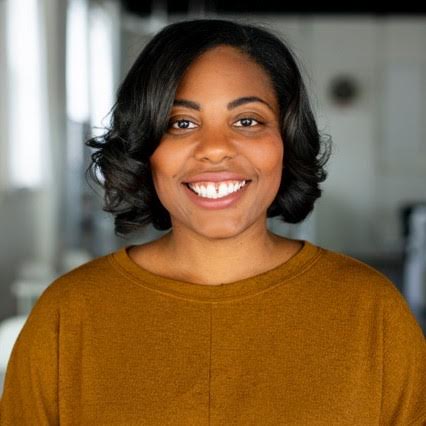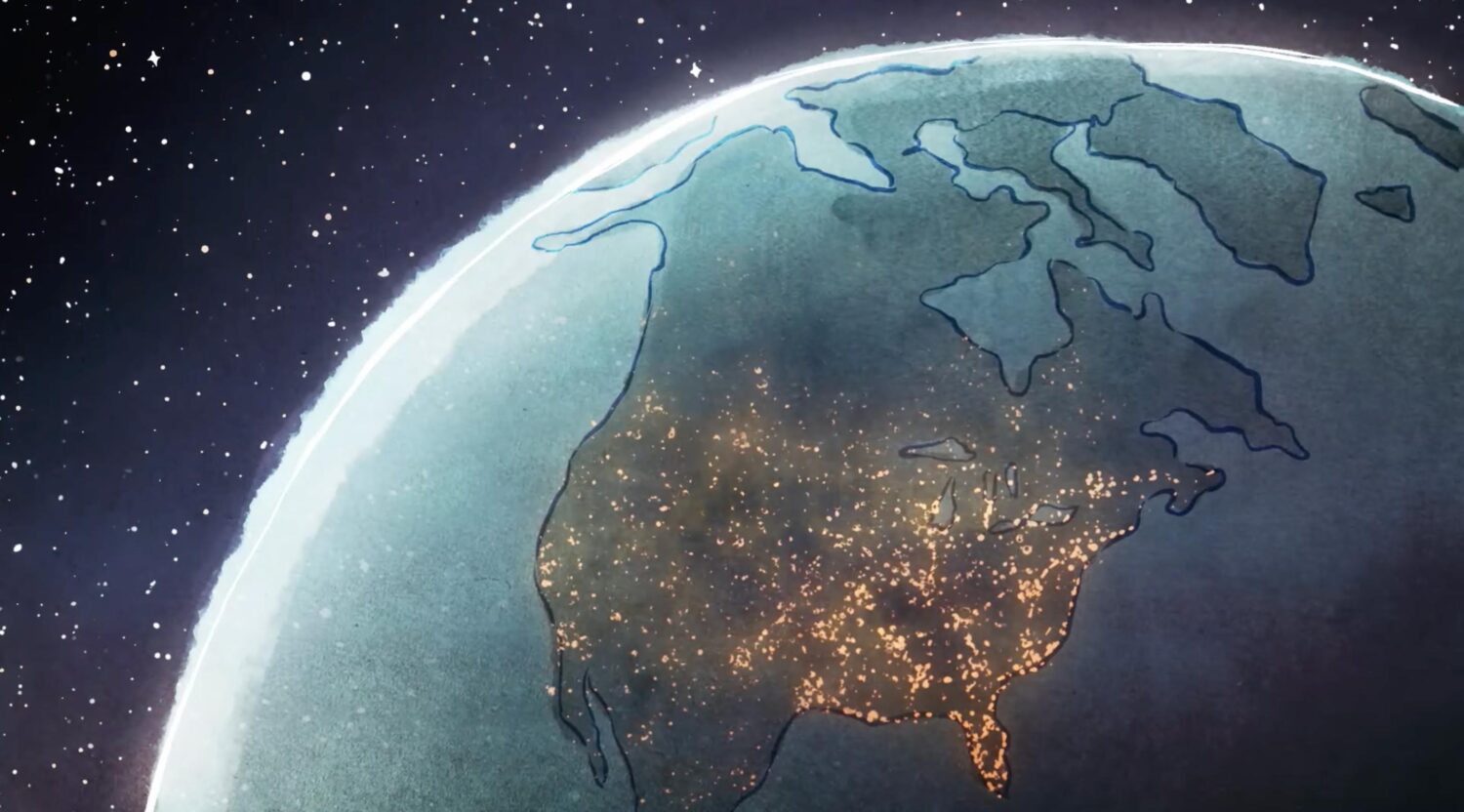
Not long after she received her Bachelor’s degree in Psychology from the University of Virginia, Ashley Williams began a more focused concentration into the relationship between the mind and body. That exploration brought her to Maryland University of Integrative Health where she earned a master’s degree in an emerging field – yoga therapy. Her studies eventually built a foundation for her current profession: mind-body therapist.
“I had been working within mental and behavioral health spaces and creating programming, but I was trying to figure out ‘what do I want to be when I grow up?’’ she recalls. “What I realized was important in my life and in my work was building relationships with people and then creating spaces where other people have an opportunity to build relationships, not just with themselves, but with the people that they’re around, their environments and their localities.”
Her work is based on the lived experience and science of mindfulness. She initially worked one-on-one with clients, but more recently, she has been focused on creating spaces within institutions, organizations, workplaces and communities that serve youth and adults in direct ways. She works on creating structural change that can lead to more restorative space.
“How do we center humanity?” Ashley asks.
It’s a question that lies at the premise of One Small Step. Put another way, how do we move beyond the stereotypes and surface impressions of people and get to know them more as fellow human beings?
And so when Ashley heard about OSS through Race in Richmond, a contemplative art exhibit that she curated, she saw in it a type of kindred spirit, an initiative that shared her same philosophy about moving toward something more restorative. The exhibit sought to raise understanding about some historic and generational harms and to create a space for acceptance of them in ways that encouraged collective action. Small steps toward healing, you might say.
“I really appreciate creating relationships with others and getting to know people by understanding stories and how they show up in their own individual lives,” she remembers, “And [One Small Step] just seemed like something that I do naturally already, but this would approach it in a more formal way. That seemed really, really interesting.”
While Ashley works hard in her own life to find space for understanding others, she acknowledges the divisiveness that has permeated so much of the country. Discourse with those with whom you may disagree has become challenging for so many people.
“It’s actually a little scary to see how polarized we are when it comes to the decisions that we make,” she says. “It’s a little sad and disappointing to see this is where we are. It’s important for me not to judge what causes people to divide or stand in their own space. There’s grief there. If something that you believe ends up not being true and you have to change, there’s an element of grief to that.”
Leading up to her One Small Step conversation, Ashley recalls being overcome with curiosity. Who was this person? Where would their conversation take them? Where would their differences emerge?
But as with so many OSS encounters, Ashley and her conversation partner unearthed more similarities than differences, so much that she wondered whether her partner was a 63-year-old version of what she would become when she reached that age.
“On paper, we probably looked like we would be very different because I’m in this spiritual yogic practice that really interconnects all spiritual beliefs, and from her bio, she was very much from the Christian Baptist church, the Southern churchgoer, and that had the potential to be polarizing,” she says. “But our religious beliefs turned out to be something that really brought us together because we connected on the values of our mutual beliefs.”
As for the age gap, their generational differences served to stoke Ashley’s interest in the perspectives of those much older.
“I left the conversation with an immense amount of joy and interest to have more connection with generations that are older than I am,” she says. “I have a huge respect for the work that is being done by older generations, and I think the conversation gave her an opportunity to learn from someone from a younger generation with similar interests and values, and I think there’s a mutual respect and opportunity there.”
